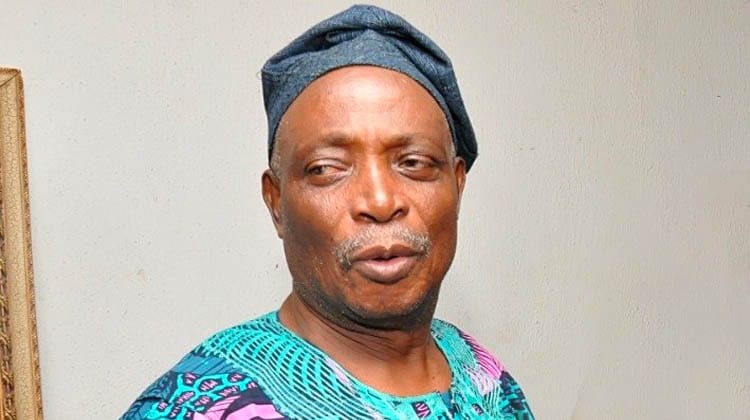Foremost historian, Prof Toyin Falola, has placed a four-point agenda before the incoming Olubadan of Ibadanland, Oba Rasheed Ladoja.
This is as the Ibadan-born scholar urged Ibadan leaders to carefully balance their cherished traditions with the pressing demands of modern development.
According to him, there is the need to tackle issues like garbage collection, street cleaning, tree planting, and environmental upliftment
He gave the advice in his coronation lecture delivered ahead of the coronation.
The lecture, titled “Ibadan in History: Issues in Tradition and Modernity,” was held at the International Conference Centre, University of Ibadan.
The programme was part of a week-long activity preceding the main coronation ceremony on Friday.
In his presentation, Falola highlighted Ibadan’s central role in Nigeria and Africa’s history.
He said, “Ibadan has always been a cultural epicentre. In the 19th century, it was the largest city in sub-Saharan Africa and a hub for politics, trade, and military power. It was also the center of palm oil production, exported to Europe.”
Falola said Ibadan’s traditions remained visible in everyday life.
“The past is still with us in the amala we eat, the language we speak, the clothes we wear, and our performances. These remind us that Ibadan is not only a city of history but also a city of the future,” he said.
On the significance of Ladoja ascending the throne, the historian stressed that Ibadan would benefit greatly from the monarch’s political and administrative experience.
“Having a former governor and senator as Olubadan is significant. His exposure as a politician, statesman, and administrator will guide Ibadan toward modernisation.
“The city must tackle issues like garbage collection, street cleaning, tree planting, and environmental uplift. These are part of the responsibilities of modern leadership,” Falola said.
He further argued that kingship in Ibadan had never been static but had always adapted to new realities.
“The Olubadan, out of necessity, must balance tradition with the evolving demands of democracy, globalisation, and urban expansion,” he said.
Instead of monetary contributions, Falola revealed that his gift to the Olubadan would be intellectual.
“Today, I will not donate money to the series of events. Not that I do not have the money to give. Instead, I will give him a book to read. Just one book, spanning over 400 pages. I wrote it for this momentous occasion,” he said.
He emphasised that Ibadan should not only be seen as a historical city but also as an active contributor to African and global thought.
“The coronation is not a casual ceremony. It is part of how Ibadan negotiates authority, legitimacy, and the preservation of its culture in an ever-evolving world.
“This book connects the throne and the classroom, the palace and the archive.
“This publication understands that the book, ‘Ibadan in History: Issues in Tradition and Modernity,’ weaves together themes of politics, culture, literature, and urban development.
“It draws on Prof Falola’s decades-long scholarship, including earlier works such as ‘The Political Economy of a Pre-Colonial African State.’ ‘Ibadan, 1830–1900’ (1984) and Ibadan: Foundation, Growth and Change, 1830–1960 (2012).”
The historian also highlighted Ibadan’s intellectual and cultural powerhouses, including the University of Ibadan and generations of artists, writers, and scholars who have shaped Yoruba and African identities.
He, therefore, called for reflection on how Ibadan can embrace modernity without abandoning its heritage.
“This book ensures that Ibadan is remembered not just as a city of the past but as one of the future.
“It honours both a city and its monarch and situates Oba Rashidi Ladoja as a modern leader who must balance tradition with democracy, globalisation, and urban expansion,” he said.



